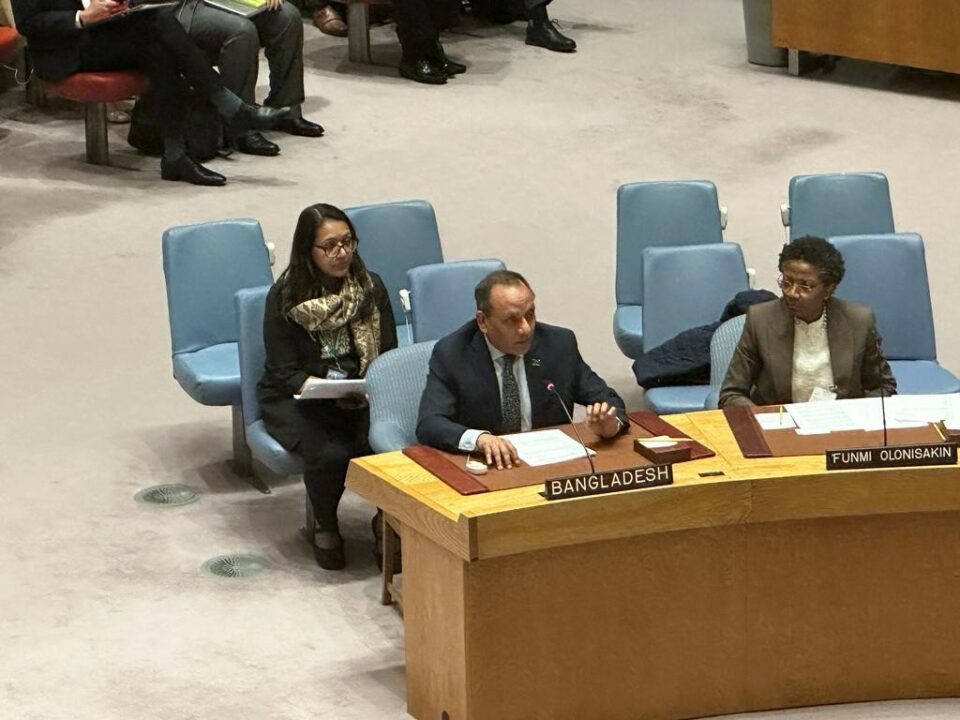Thank you, Madam President.
I congratulate you on your assumption of Council Presidency and thank you for convening this timely debate. I wish to also thank the distinguished briefers for their insightful remarks.
Madam President,
Over the last few years, especially in the context of COVID-19 pandemic and the ongoing conflicts, we have witnessed increasing trust deficits between the people and institutions, including the United Nations. The ability of the Security Council in particular, in making, building and keeping peace has constantly been put to test. The challenges to peace are further deepened with the emergence of new and unconventional threats.
Against this backdrop, the need to redouble efforts towards building trust couldn’t have been more urgent.
Allow me to share a few thoughts:
First and foremost, The Security Council must demonstrate unity and decisiveness in effectively addressing visible threats to international peace and security and use its existing tools to protect the most vulnerable.
Almost six years have passed since the Rohingya minorities were expelled en masse from the Rakhine State of Myanmar. No effective action was taken by the Security Council to remedy the situation; rather the Council has remained a mute witness to its continued deterioration. Rebuilding trust would require reversal of such inactions.
Second, peacekeeping operations continue to remain one of the most credible tools for the United Nations for building trust.
The role of peacekeepers in protecting the civilians, particularly through community engagement and other unarmed measures and their contribution in building institutions in the host countries should be adequately leveraged. Equally important is to increase investments in the peacebuilding components of the peacekeeping missions through allocation of mandate and resources.
Third, The Peacebuilding Commission with its unique mandate plays an important complementary role in futureproofing sustaining peace. Owing to its structure and working method, which is founded on principle of national ownership and inclusivity, PBC is best positioned to contribute in building trust.
As the Chair of the Peace Building Commission for two terms, Bangladesh tried to unbound the prospects of the PBC, including by strengthening its advisory, bridging & convening role, expanding its geographical and thematic scope and by providing space to countries to discuss various non-traditional security threats, such as, climate change. Similar approach may be taken in addressing other emerging threats, including those emanated from digital technologies.
Fourthly, Implementation of Women Peace and Security agenda must be promoted in broader peace and security contexts including in addressing climate change, disaster risk reduction and in humanitarian action.
And finally, as we prepare for the Summit of the Future in 2024, we need to engage constructively in creating effective foresight mechanisms based on data and its scientific analysis to predict future threats and take preventive measures.
The ongoing consultations for the New Agenda for Peace, the Global Digital Compact, and Declaration for Future Generations offer opportunities to exchange ideas and thoughts for such mechanisms. We must seize the opportunity to build a better United Nations for our future generations.
I thank you Madam President.

